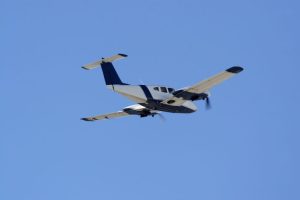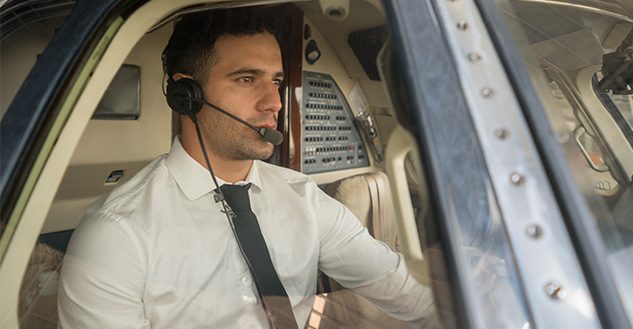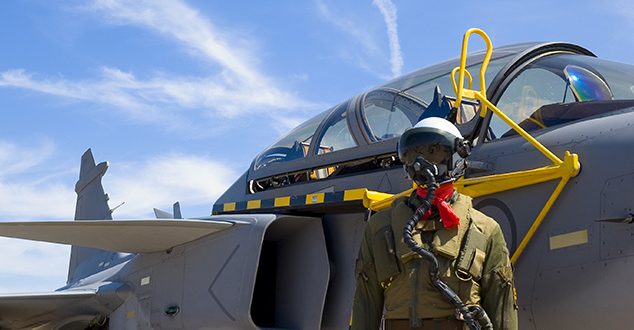Airline Pilot Certification
If a love of travel, culture, and adventure guides your occupational ambitions, earning an airline pilot certification will allow you to use your skills and aptitudes while working from the cockpit. Pursue your goals in a course designed around your availability and plans at Paragon Flight.
A Flight Program for Every Student-Pilot
 One size fits all doesn’t work for education, including aviation training. Paragon Flight personalizes courses for each student, considering where you are and where you want to be, along with key factors like availability, budget, and learning style.
One size fits all doesn’t work for education, including aviation training. Paragon Flight personalizes courses for each student, considering where you are and where you want to be, along with key factors like availability, budget, and learning style.
We offer candidates who aspire to work for an airline a few options. First, the P3 Professional Pilot Program will allow those with full-time availability and a strong work ethic to complete critical training much faster and more affordably than other paths. Alternatively, candidates with competing obligations can speak with our Chief Flight Instructor to create an individualized plan of attack. The results and credentials will be the same in the end.
Three Locations and Dual FAA Authorizations
Paragon Flight operates out of three locations:
- Page Field (FMY) in Fort Myers, FL
- Punta Gorda Airport (PGD) in Punta Gorda, FL
- LaGrange-Callaway Airport (LGC) in LaGrange, GA.
These locations provide our student pilots with more significant opportunities for training. At each flight school, the weather allows for safe takeoff and landing all year. On average, the Georgia location experiences 300+ clear days/year, and the two Southwest Florida flight schools experience over 350 days of clear skies. Along with this type of weather and the glorious views from the sky of coastal beauty, we have a wealth of flight instructor applicants.
The two sets of regulations under which we operate allow us to provide two types of programs. The FAA regulates flight schools under Federal Aviation Regulations (FAR) Parts 61 and 141. Part 61 programs cover one-on-one flight instruction with varied pacing and scheduling, and Part 141 programs prescribe syllabi and require they be followed closely.
Providing Part 141 courses is a critical asset to Paragon Flight. This status makes it possible to welcome international students required to have M-1 Student Visa status, veterans interested in using GI benefits for financing, and traditional students with government-backed financial aid, including subsidized student loans and grants.
Requirements for Becoming an Airline Pilot
A Commercial Pilot License allows pilots to accept compensation for pilot services legally. To work for an airline, the requirements are as stringent as they get. What credentials will you need exactly?
- Private Pilot License (PPL) – starting point for all training
- Instrument Flight Rating (IFR) – training per navigation and communication systems
- Commercial Pilot License, Single-Engine and Multi-Engine (CSEL/CMEL) – mastery level flight and procedural training
- Certified Flight Instructor (CFI) – optional entry point for the commercial flight sector that allows students to accumulate flight time while making a living
- Airline Transport Pilot (ATP) certification – requirements are as follows:
- 1,500 total flight hours
- 50 multi-engine flight hours
- 75 instrument flight hours
- 500 cross-country flight hours
- 100 night flight hours
- ATP written exam completed and passed.
Click here to begin the journey toward airline pilot certification with Paragon Flight. We look forward to the opportunity to craft a plan that works for you, and we can point you toward flight-friendly lenders and appropriate financing resources!




